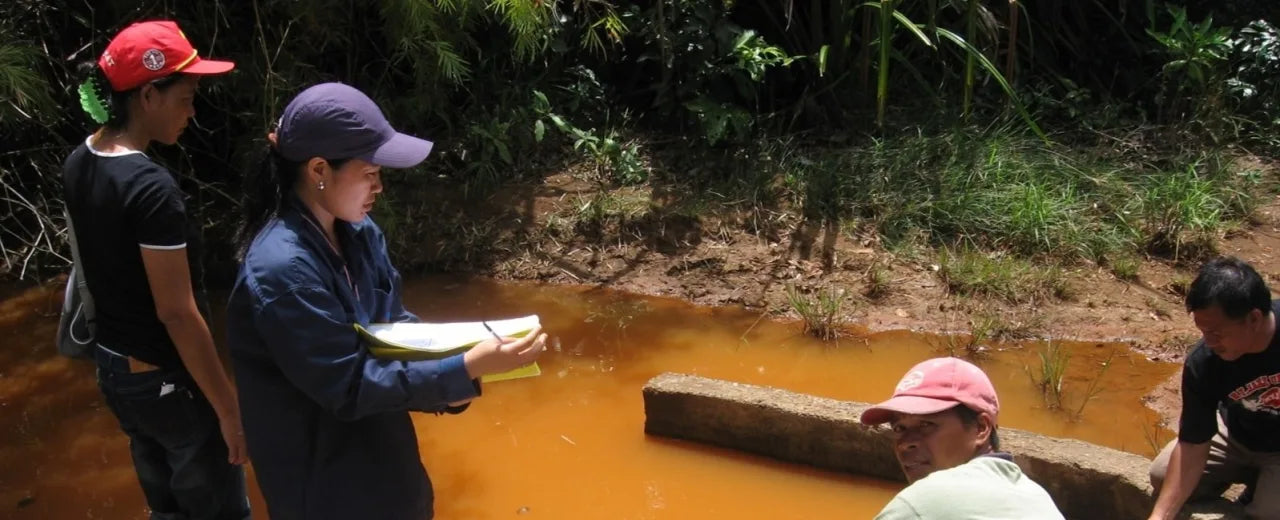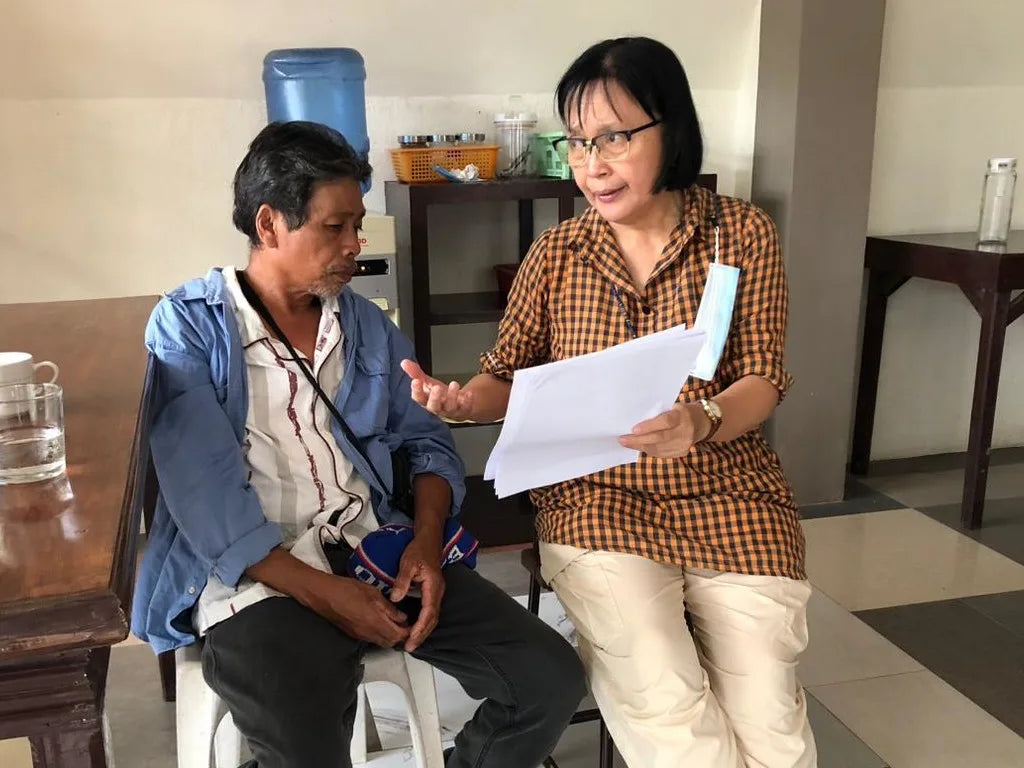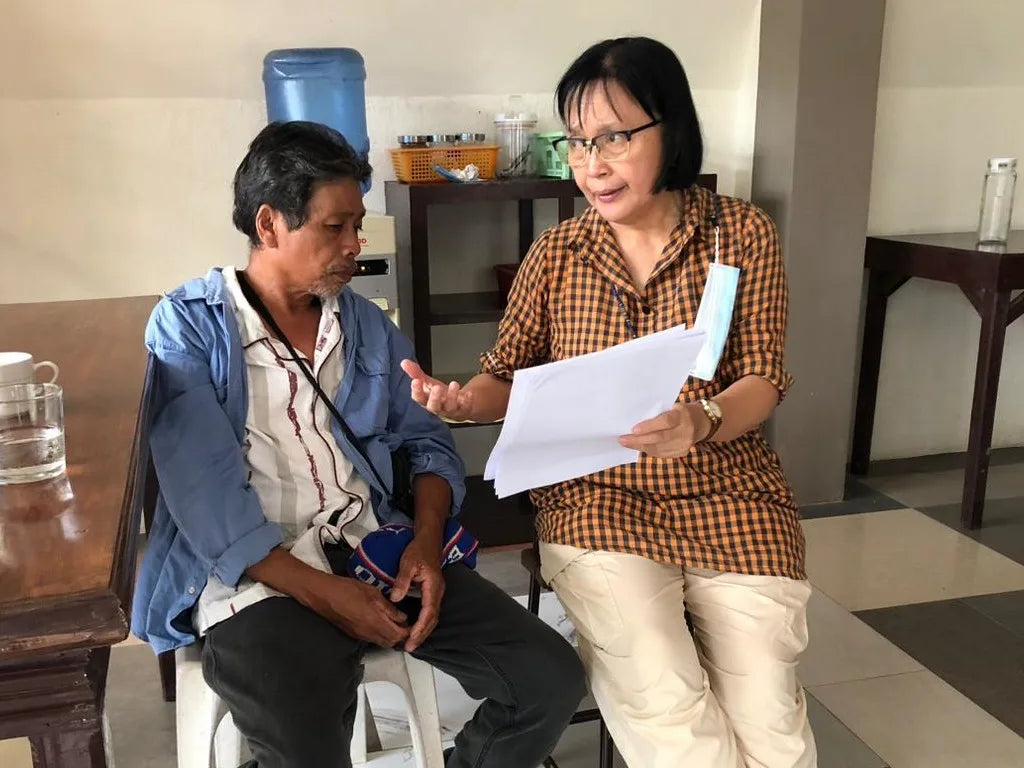Day 21
3 min. Legal aid in the fight against environmental destruction in Sumbiling
 Indigenous resistance against an open-pit mining company Indigenous resistance against an open-pit mining company
Indigenous resistance against an open-pit mining company Indigenous resistance against an open-pit mining company


Only intact mountain rainforest supplies the village population with drinking water

Doc Esser presents his favorite project
need
Preservation of the mountain rainforest in the Philippine Bulanjao Mountains as a natural habitat for the indigenous Pala'wan group
activity
2 lawyers document legal violations by the mining company, file lawsuits and conduct the legal proceedings for the Pala'wan people
Measurable performance
The two lawyers provide 4,032 hours (252 days each) of legal assistance to the indigenous Pala'wan group
Result
Through the work of the lawyers, the Pala'wan can assert their rights in court and campaign for the protection of nature
Systemically relevant impact
The rights of indigenous minorities are strengthened. Illegal environmental destruction by large corporations is becoming more of a public focus
background


The good deed
About the Philippines
Manila
Capital city
115,559,009
Population
3,498.5
Gross domestic product
per capita per year
0.699
Human Development Index
(Human Development Index)




